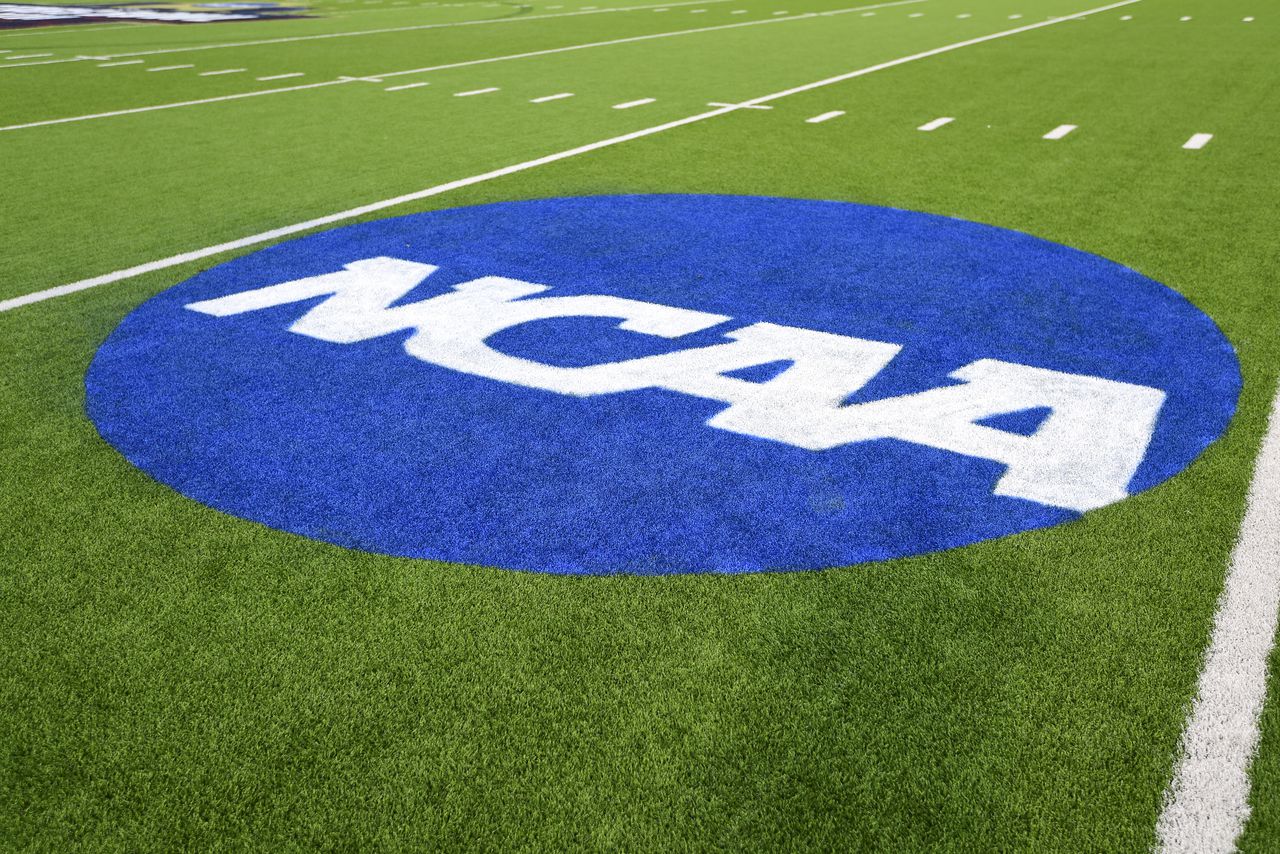NCAA expands penalties for hiring coaches under show cause
The NCAA Division I Council passed a number of new rules on Wednesday, expanding punishment for individuals and schools charged with violations.
Schools that hire coaches or other athletic staffers who are under NCAA show cause penalties will now face fines and recruiting restrictions. In the past, schools only needed to have the NCAA sign off on such hires and would not face penalties for hiring those individuals.
Auburn hired basketball coach Bruce Pearl in May 2014, three months before the expiration of a three-year show cause penalty related to his time at Tennessee. Auburn as an institution or basketball program faced no penalty for doing so, though Pearl was prohibited from recruiting off-campus until the show cause expired.
A prominent current example is former Tennessee head coach and Alabama defensive coordinator Jeremy Pruitt, currently serving a six-year show cause penalty for violations that occurred when he was with the Volunteers. Pruitt (who is currently coaching in high school) must serve a one-year suspension if he is hired by another NCAA member school, but the school that does so would now also be subject to penalties.
In another new rule, suspensions of coaches and other individuals for NCAA rule-breaking now includes practices and meetings in addition to just games. In the past, for example, a “one-game suspension” included only game day.
Michigan football coach Jim Harbaugh served two separate three-game suspensions this past season, but was allowed to participate in practices and meetings during game week, but could not be present during games. Under the new rule, he would not have been allowed in the facility or stadium during the term of his suspension.
“The proposals introduced by the council would better align the penalty structure for the infractions process with modern-day college sports,” said Geoff Mearns, chair of the NCAA Infractions Process Committee and president of Ball State. “These changes can help member institutions make better informed hiring decisions while directly holding culpable individuals accountable for wrongdoing and encouraging member institutions to continue to support fair play by cooperating with the infractions process.”
Other rules passed Wednesday would allow for creating a public database “identifying individuals with a history of Level I or Level II violations.” In addition, individuals charged with NCAA violations would now be named in public documents, rather than identified by such generic terms as “former head coach.”
